6. Pretty Woman (1990)
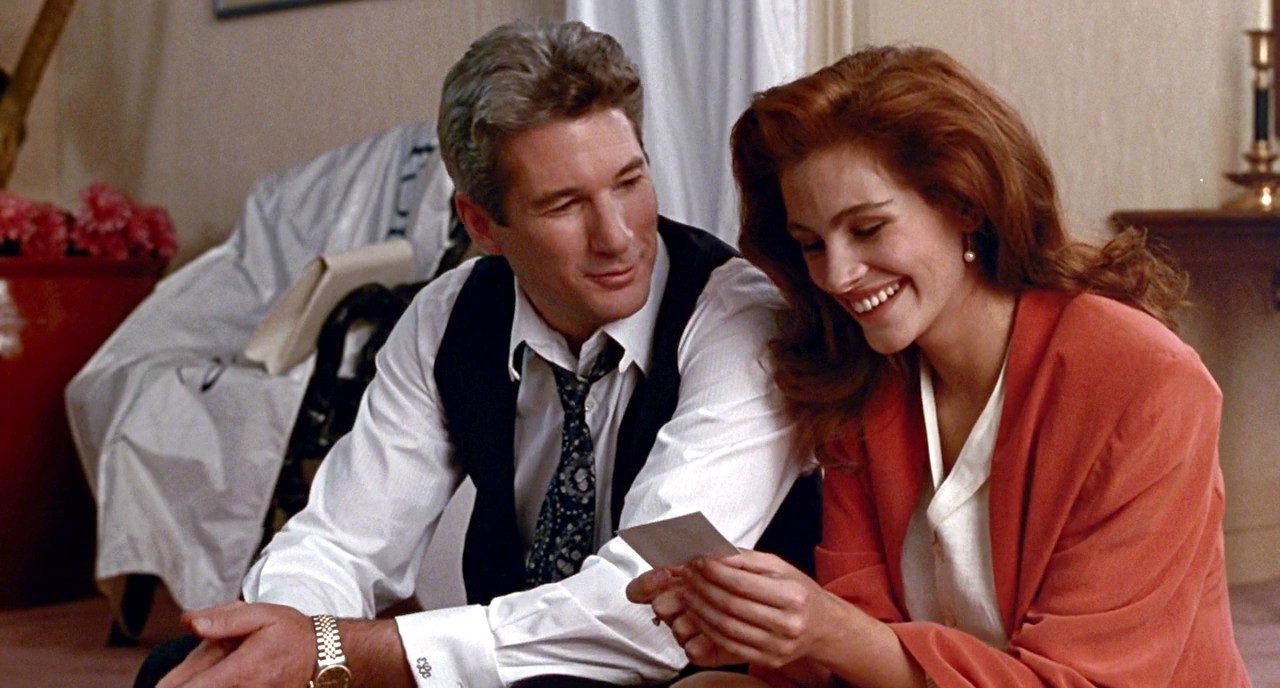
Along the same lines of ‘women can never be bad’ comes Pretty Woman, about a prostitute hired by a wealthy man for a few days to hang on his arm and make him seem more human.
In the course of the movie she makes him more human, and wins his heart, because every woman, no matter how she misbehaves, deserves Prince Charming.
This is a common trope in movies, and is about as silly as possible. Why would a Prince Charming want a woman with so little self-respect that she sold her dignity for money? And even if he did, why should he settle for that?
There are men who take on such challenges, and love with a whole heart women who not only don’t deserve it, but violate that love and trust continually. Yet the idea that she can’t be wicked and wrong him gets lost in the smoke of permanent victimhood. It’s okay to be rotten to men because they all deserve it, no matter what their behavior.
This is extremely condescending, because it treats women not as adults with willpower and desires and the ability to decide between right and wrong, but as less than children, who will never be able to learn such esoteric concepts.
7. Lost in Austen (2008)
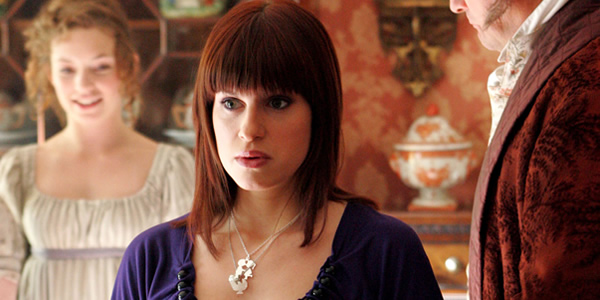
Along the same line as Pretty Woman is Lost in Austen, about a Pride and Prejudice addict who reads the book compulsively, and switches places with Elizabeth Bennett. Despite having read the book many times, she has absolutely no idea of how things work in Regency England and every character is the reversed from the book, so her myriad mistakes multiply every possible problem. Yet Darcy is still Darcy, and somehow manages to overlook her complete lack of anything worthy or admirable and falls in love with her anyway.
Isn’t is nice to indulge the fantasy that women don’t have to be literally anything to deserve literally everything? And yet the real world doesn’t work that way. This pleasing illusion means no effort is required, no trouble should be expected, no actual accomplishment of any kind should be pursued; the only thing that matters is being good-looking enough to attract a rich and powerful man.
Is this truly a feminist ideal? It is a question whether anyone who believes that could ever be called a feminist of any stripe, and it is so condescending as to constitute in long form a very old and familiar sexist quip about stupidity being common in women: “good thing you’re pretty!”
8. Thelma and Louise (1991)
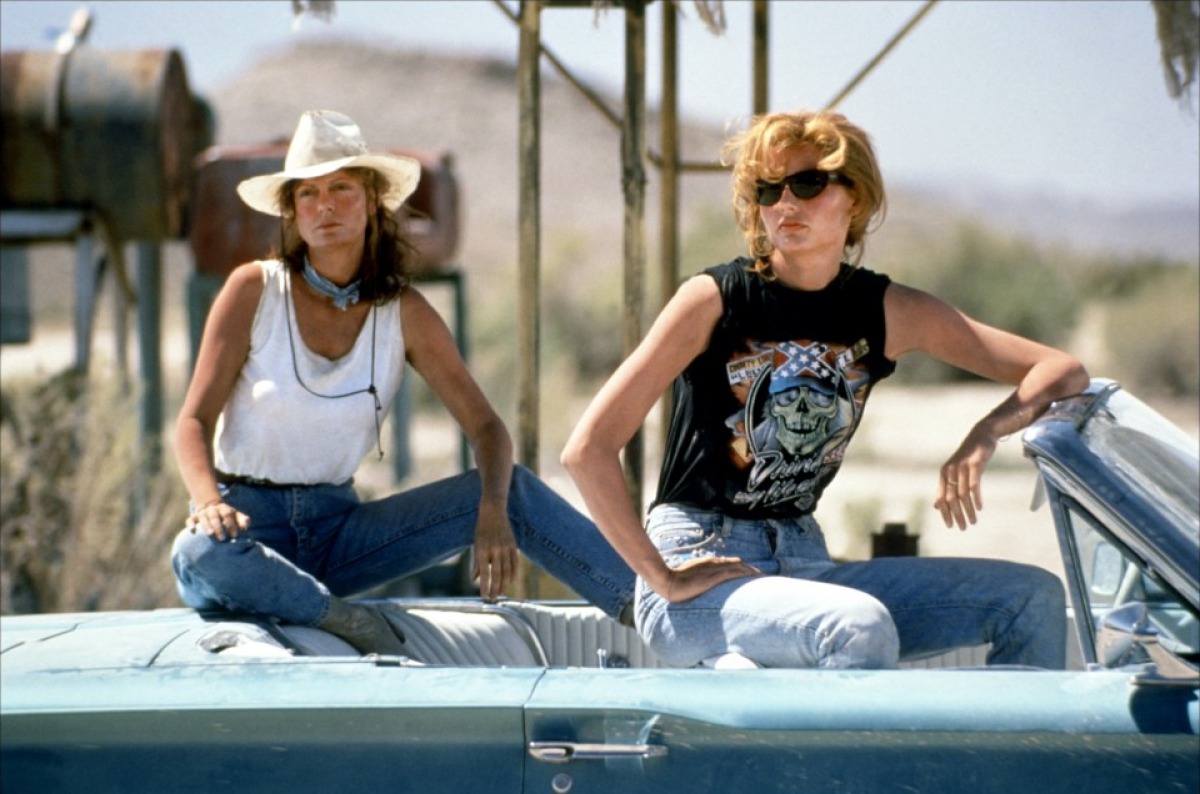
This classic of feminism tells exactly the opposite of what it claims. Thelma and Louise feel trapped in their lives and plan to take a vacation together. How does a woman become trapped in her life? The same way a man does: bad decisions. Thelma, played by Geena Davis, is a mousy kind of woman, frightened by her own shadow, and during the course of the movie becomes recklessly brave.
What prevented her from being brave before? Why does cowardice constitute a completely acceptable shackle? At least it is for women, according to these supposed feminists. We can’t judge a woman for being a coward, it’s not her own fault, it CAN’T be her own fault because she’s not an adult human being…again, not exactly the feminist view, one might argue.
What’s more, she doesn’t learn from another woman how to be braver, but from a man; she apes male behavior, and not that of a paragon either, becoming instead a robber. Is a John Dillinger really the epitome of manly virtues? Is following in the footsteps of the worst men truly the only choice a woman has to break free from her self-inflicted shackles?
Louise is not so trapped, and goes along for friendship’s sake; overall a more admirable character throughout, and her errors derive from her virtues of loyalty and self-sacrifice. However she finds herself unable to either rein in her friend’s sudden reckless criminality or take the adult path with regard to the crime of which she is accused. To me this seemed inconsistent with her character, because she seemed to be pretty strong-willed and capable, and yet the moment something really serious happens, she reverts to childish victimhood.
In the end Thelma and Louise take the adolescent way out, rather than face the music and take responsibility for themselves and their actions. Perhaps the world is unfair…wait, of course the world is unfair. Fair is for babies. Anyone who has reached adulthood knows that fair doesn’t exist. Human justice is always imperfect, and mistakes will always be made. So is suicide truly the only option? Is the mean old world just too hard for poor pitiful helpless women?
The answer given by Thelma and Louise is: yes. Women simply can’t stand on their own, ever.
9. The Handmaid’s Tale (1990)
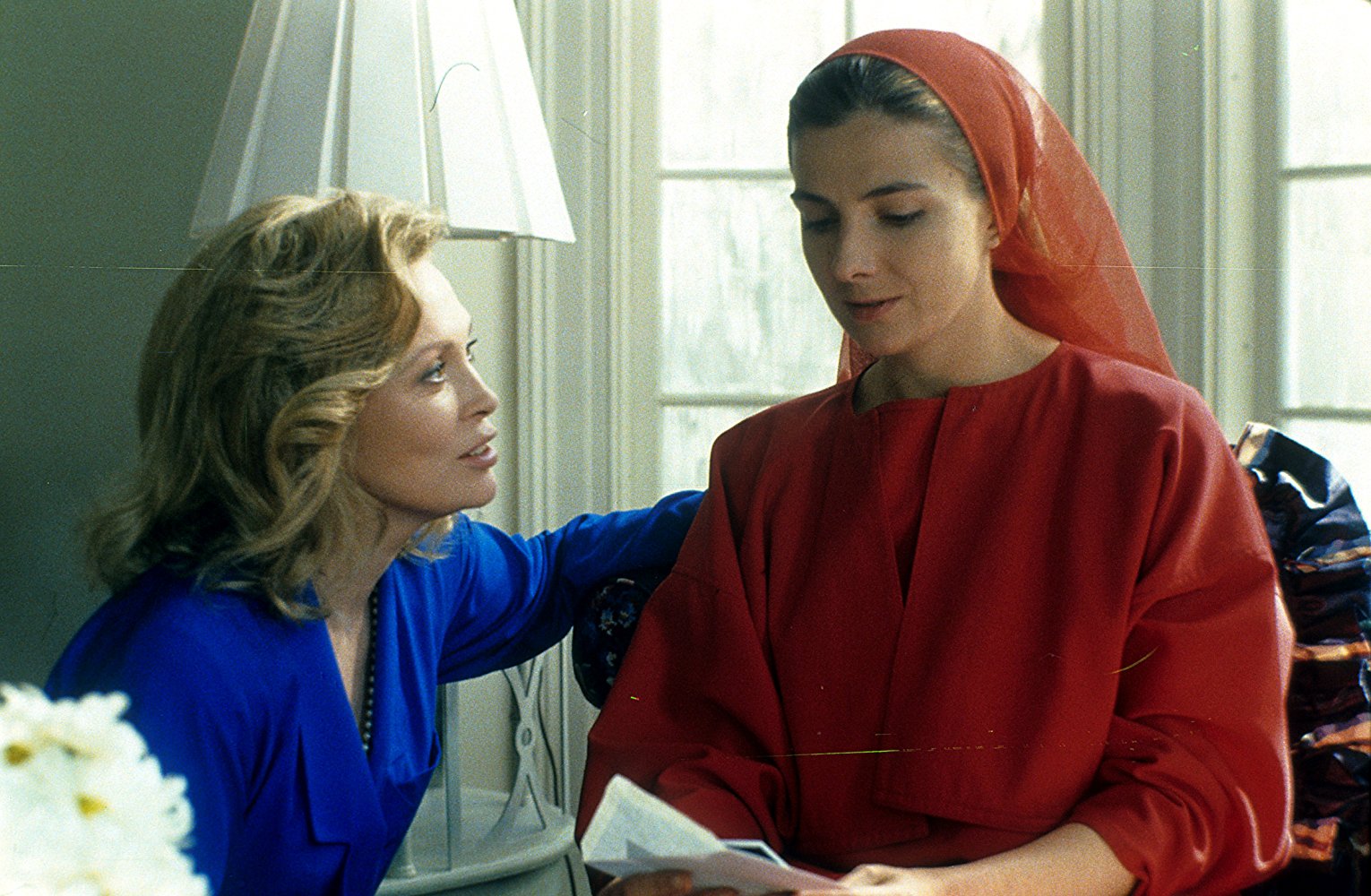
While the current TV version of The Handmaid’s Tale may be different, the 1990 movie ignores the book in many ways, mostly in the same way that Hollywood always ignores books: it personalizes everything, and dramatizes as much as possible.
In one sense the backdrop of The Handmaid’s Tale is accurate: if some kind of plague or pollution did render most women infertile, society would adapt dramatically or die. It is very likely that an extremely patriarchal and/or religious society would result. That such a society would be rife with hypocrisy is also practically indisputable.
However, where the movie fails is in its portrayal of Offred. In the book she chose to be a Handmaid. Her journey is one of reclaiming her emotions and humanity, and she is an agent to herself, growing as she reconnects to herself. The movie version is a victim and nothing more, a leaf on the tide rather than a swimmer. This idea of helplessness is very current in modern feminism, but is terribly condescending to women. How can one be strong and helpless at the same time? How can one be unable to make any choice and decide for herself simultaneously?
Personally I think the currents in our present culture make a dystopia like the Republic of Gilead extremely unlikely, however it remains true that action promotes reaction, and that when a pendulum swings too far in one direction, it’s likely to swing too far the other as well. When all a man has to do to become a woman is declare that he is one, well, womanhood is no longer distinct, and the opposite is true as well. It could well be that a backlash would relegate both men and women to hypermasculine and hyperfeminine roles in a future polity or society.
This does not mean that even in such a society women are helpless children, incapable of choosing for themselves. Kate of the movie floats along hopelessly and helplessly until the very end, and even her final act seems more like a desperate emotional reaction than an action. Offred of the book is a far more mature character, though far more damaged, and that is one reason books will always be better than movies as a rule.
It is possible to portray nuances and subtleties in print that simply fail on film. In this particular case, instead of an admirable character who grows on the page, we get yet another helpless damsel in distress.
10. Just One of the Guys (1985)
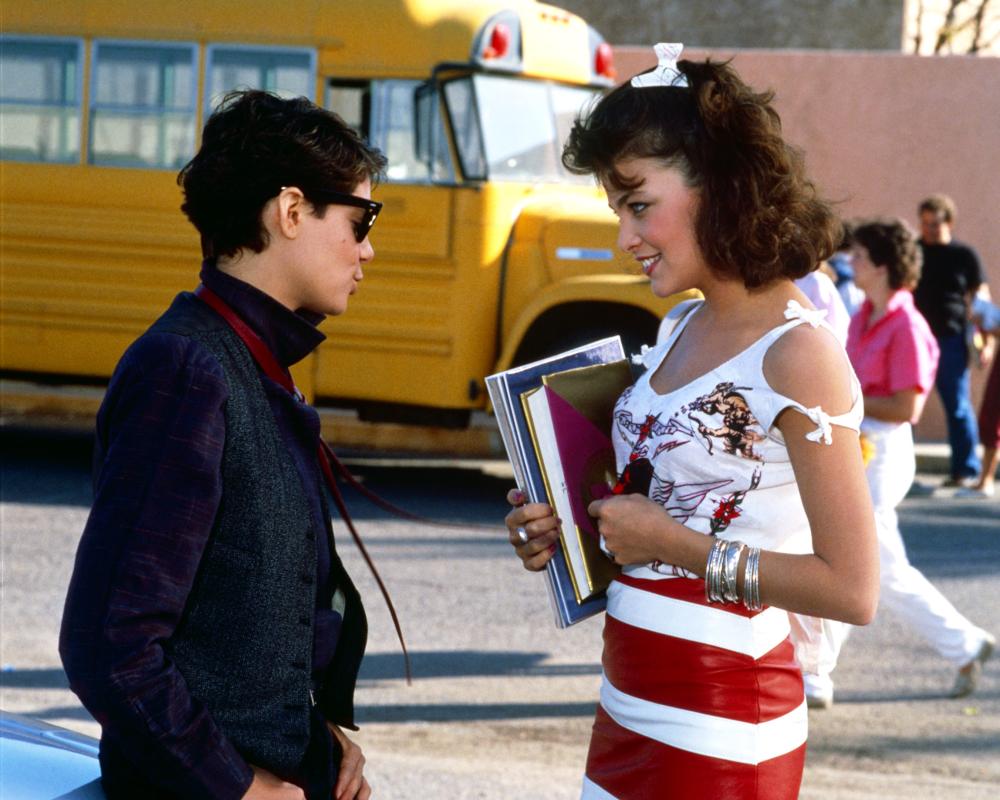
In this 80s comedy, a female writer, Terry Griffith, played by Joyce Hyser, is passed over for a summer internship at a newspaper for what she is convinced is sexism. She then pretends to be a boy at another High School so that she can resubmit her story with a male byline. Along the way she finds that being a boy isn’t as easy as she thought, and overall the movie stands out from many other 80s comedies as being smart and funny.
However there is one key point that is so common in Hollywood that it’s a major trope: everybody will forgive you for deceiving them.
Terry falls in love with a boy at her new school, and desperate to win him over, shows him that she is a girl rather than a boy. At first he is angry, but eventually comes around and back. It’s happened in so many movies that we already know, from the moment the love interest enters the story, that all that duplicity is going to be swiftly forgiven in the end.
This is good advice for both women and men: don’t lie. Especially don’t come up with a whole secret life and expect to be forgiven by those you deceive. While there are men and women who will forgive, they’re not that common. Getting to know somebody under false pretenses is a betrayal. Period.
Some things are easy to forgive, but betrayal is hard. Hollywood would have you believe it’s no big deal, you can have whatever you want no matter how horribly you behave, but it doesn’t really work, as far too many people learn the hard way.
A nice letter or story or apology doesn’t really suffice when a person has been routinely deceived over weeks and months and years, especially when it comes to sexual matters. Betrayers tend to be betrayed in their turn, rather than forgiven.
Why does Hollywood condescend to women so much? Shhhhh! Here’s a secret everybody should know: Hollywood is sexist.